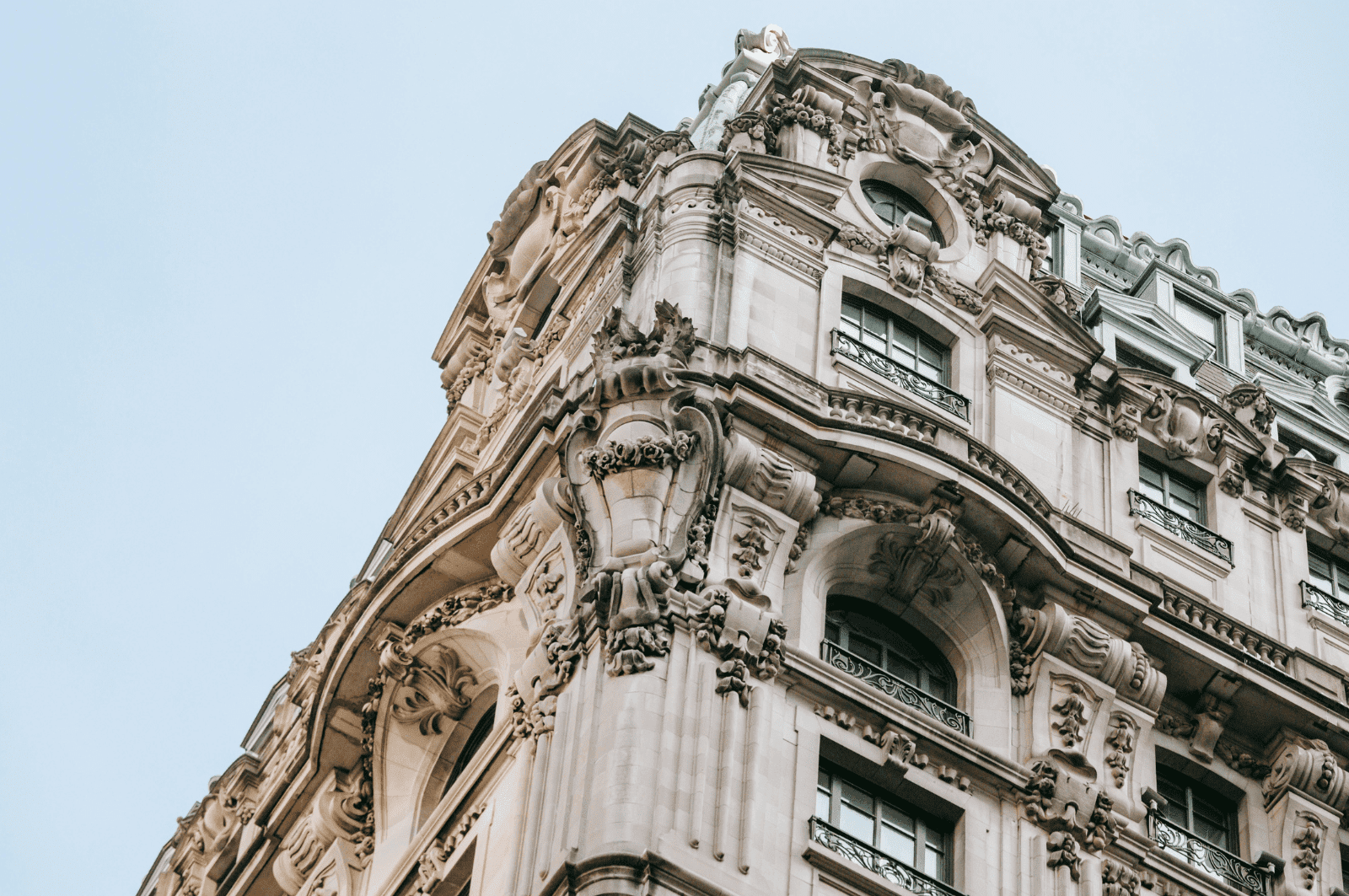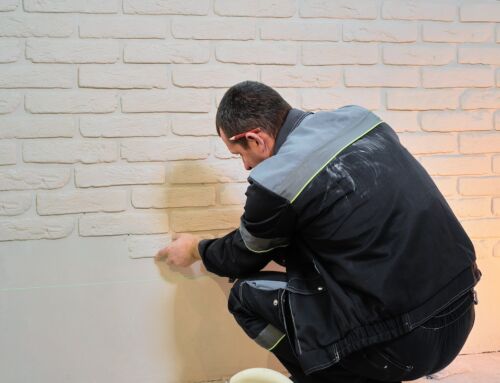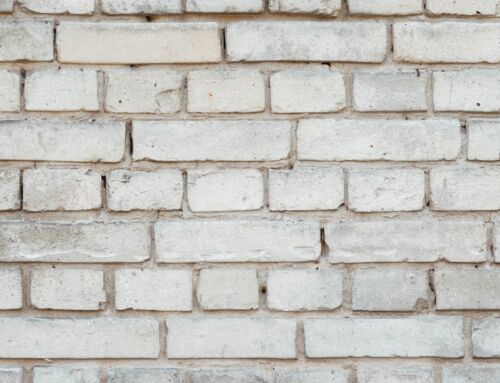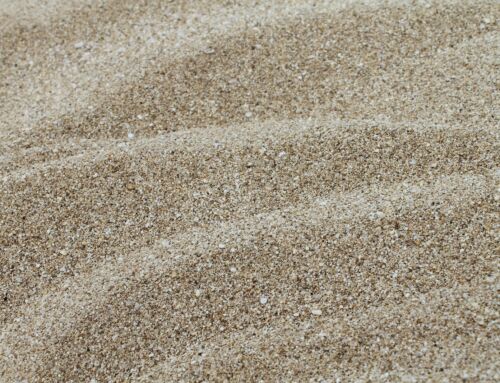Masonry construction has been a cornerstone of architectural design for centuries, from the ancient pyramids of Egypt to modern-day skyscrapers. Its durability, versatility, and aesthetic appeal make it a popular choice for various construction projects. In this complete guide, we will explore the different types of masonry construction, their unique characteristics, advantages, and common applications.
Introduction to Masonry Construction
What is Masonry Construction?
Masonry construction involves building structures from individual units, often bound together by mortar. These units can be made from materials such as brick, stone, concrete, and glass. Masonry is known for its strength, durability, and fire resistance, making it a reliable choice for both load-bearing and non-load-bearing walls.
Historical Significance
Masonry has been used for thousands of years, with ancient civilizations like the Egyptians, Greeks, and Romans utilizing it to create enduring monuments and buildings. Today, masonry continues to be a fundamental construction method, evolving with new materials and techniques.
Types of Masonry Construction
Brick Masonry
Characteristics
Brick masonry uses bricks made from clay, sand, lime, and water, which are fired in kilns to achieve hardness. Standard brick sizes vary, but common dimensions are around 3.5 inches by 2.25 inches by 8 inches. Bricks can be laid in various patterns, such as a running bond, Flemish bond, and English bond, each offering different aesthetic and structural benefits.
Advantages
Brick masonry has several advantages:
- Durability: Bricks are highly durable and can withstand harsh weather conditions, making them suitable for various climates.
- Fire Resistance: Brick walls offer excellent fire resistance, enhancing the safety of buildings and providing peace of mind to occupants.
- Thermal Insulation: Brick masonry provides good thermal insulation, helping to maintain comfortable indoor temperatures and reducing energy costs.
Applications
Brick masonry is versatile and can be used in a wide range of applications:
- Residential Buildings: Commonly used in homes for exterior walls, fireplaces, and chimneys. The aesthetic appeal of brick makes it a popular choice for homeowners.
- Commercial Structures: Used in office buildings, schools, and hospitals for both structural and aesthetic purposes. The strength and durability of brick make it ideal for high-traffic areas.
- Historic Restoration: Ideal for restoring historical buildings due to their traditional appearance. Brick can closely match the original materials used in older structures, preserving their historical integrity.
Stone Masonry
Characteristics
Stone masonry uses natural stones like granite, limestone, marble, and sandstone. There are different types of stone masonry:
- Rubble Masonry: Uses irregular stones, often rough and uncut. This type of masonry is typically used for more rustic and natural-looking structures.
- Ashlar Masonry: Utilizes finely cut stones, which can be laid in regular patterns. Ashlar masonry provides a more polished and refined appearance.
Advantages
Stone masonry offers numerous advantages:
- Aesthetic Appeal: Stone masonry offers a timeless, natural look that enhances the beauty of any structure. The unique textures and colors of natural stone can create stunning visual effects.
- Strength: Stone is incredibly strong and can support substantial loads, making it suitable for load-bearing walls and heavy structures.
- Low Maintenance: Stone masonry requires minimal maintenance and is resistant to weathering. It does not rot, warp, or degrade over time, making it a long-lasting choice.
Applications
Stone masonry is used in a variety of applications:
- Monuments and Landmarks: Often used in constructing monuments, statues, and historical landmarks. The durability and timeless beauty of stone makes it ideal for these applications.
- Exterior Facades: Popular for exterior walls of high-end residential and commercial buildings. Stone facades add an element of luxury and sophistication to any structure.
- Landscaping: Used in garden walls, pathways, and other landscaping features. Stone masonry can enhance the natural beauty of outdoor spaces.
Concrete Masonry
Characteristics
Concrete masonry uses concrete masonry units (CMUs) made from cement, aggregates, and water, which are manufactured in various sizes and shapes. Types of concrete masonry include standard concrete blocks, hollow blocks, and decorative blocks.
Advantages
Concrete masonry provides several benefits:
- Versatility: CMUs come in various shapes and sizes, allowing for diverse design possibilities. They can be used for both structural and decorative purposes.
- Cost-Effective: Concrete masonry is often more affordable than other masonry types. It offers a good balance of strength and cost-efficiency.
- Strength and Durability: Concrete blocks are strong and durable, making them suitable for load-bearing walls. They can withstand heavy loads and adverse weather conditions.
Applications
Concrete masonry is widely used in many areas:
- Foundations and Basements: Widely used for constructing foundations and basement walls. Concrete blocks provide a solid and stable base for buildings.
- Commercial Buildings: Common in industrial and commercial structures due to their strength and fire resistance. Concrete masonry is ideal for warehouses, factories, and retail spaces.
- Retaining Walls: Ideal for building retaining walls and other landscape features. Concrete blocks can create strong and durable retaining walls that prevent soil erosion.
Glass Block Masonry
Characteristics
Glass block masonry uses blocks made from glass, which are hollow and offer a unique, translucent appearance. They are available in various sizes, shapes, and patterns to create different design effects.
Advantages
Glass block masonry has several advantages:
- Light Transmission: Allows natural light to penetrate while maintaining privacy. Glass blocks can brighten interior spaces without compromising privacy.
- Aesthetic Versatility: Can be used to create visually appealing designs and patterns. The translucent nature of glass blocks adds a modern and sophisticated touch to any space.
- Thermal Insulation: Provides good thermal insulation, reducing energy costs. Glass blocks help maintain comfortable indoor temperatures.
Applications
Glass block masonry is used in a variety of applications:
- Interior Partitions: Used in offices and homes to create light-transmitting partitions. Glass blocks can divide spaces without blocking light.
- Bathrooms: Popular in shower enclosures and bathroom walls for privacy and light. Glass blocks can create elegant and functional bathroom designs.
- Facades and Entrances: Adds a decorative touch to building facades and entrances. Glass blocks can create striking and unique building exteriors.
Choosing the Right Type of Masonry
Factors to Consider
When selecting the type of masonry construction for your project, consider the following factors:
- Purpose: Determine whether the masonry will be used for structural or decorative purposes. Different types of masonry are better suited for different applications.
- Budget: Different types of masonry have varying costs, so align your choice with your budget. Consider both material and labor costs.
- Aesthetic Preference: Consider the visual appeal and how it complements the overall design of your project. Each type of masonry offers unique aesthetic qualities.
- Environmental Conditions: Choose a material that can withstand the local climate and weather conditions. Some materials are better suited for certain environments.
Professional Guidance
Consulting with a professional mason or construction expert can help you make an informed decision. They can provide insights into the best materials and techniques for your specific project needs. Professional guidance ensures that your masonry project is completed to the highest standards.
Frequently Asked Questions
What are the three types of masonry?
- Brick Masonry:
- Brick masonry involves the use of bricks and mortar to build structures. Bricks can be made of clay, concrete, or other materials.
- Advantages: Durability, fire resistance, and aesthetic appeal.
- Uses: Residential buildings, commercial structures, and various architectural features.
- Stone Masonry:
- Stone masonry uses natural stone and mortar. Stones can be cut or uncut and laid in various patterns.
- Advantages: Strength, longevity, and natural beauty.
- Uses: Historical buildings, monuments, retaining walls, and landscaping.
- Concrete Masonry:
- Concrete masonry involves the use of concrete blocks, which can be solid or hollow.
- Advantages: Cost-effectiveness, ease of installation, and thermal efficiency.
- Uses: Foundations, walls, and other structural elements.
What are the four types of masonry walls?
- Load-Bearing Walls:
- These walls support the weight of the structure above them, transferring the load to the foundation.
- Uses: Residential and commercial buildings.
- Non-Load-Bearing Walls:
- These walls do not support any weight other than their own. They are primarily used for partitioning spaces.
- Uses: Interior walls, partition walls.
- Reinforced Masonry Walls:
- Reinforced masonry walls include steel reinforcement, providing additional strength and stability.
- Uses: High-rise buildings, earthquake-prone areas.
- Hollow Masonry Walls:
- Hollow masonry walls use hollow blocks, which can be filled with insulation or reinforcement materials.
- Uses: Energy-efficient buildings, soundproof structures.
How many types of masons are there?
- Brickmasons (Bricklayers):
- Specialize in building and repairing structures with bricks.
- Stonemasons:
- Work with natural and artificial stone, creating structures like walls, floors, and monuments.
- Concrete Masons:
- Focus on pouring, finishing, and repairing concrete surfaces and structures.
- Tile Masons (Tile Setters):
- Install ceramic, marble, and other types of tiles for walls, floors, and decorative purposes.
What are the different types of brick masonry construction?
- Stretcher Bond:
- Bricks are laid with their longer face parallel to the wall, providing a simple and effective pattern.
- Uses: Partition walls, exterior walls.
- Header Bond:
- Bricks are laid with their shorter face parallel to the wall, creating a stronger bond.
- Uses: Thick walls, load-bearing walls.
- English Bond:
- Alternates rows of stretchers and headers, combining strength and aesthetics.
- Uses: Strong structural walls, historic buildings.
- Flemish Bond:
- Alternates stretchers and headers within the same row, offering a decorative appearance.
- Uses: Aesthetic walls, facades.
- Stack Bond:
- Bricks are stacked directly on top of each other, with joints aligned vertically.
- Uses: Decorative walls, non-load-bearing walls.
- Running Bond:
- Similar to the stretcher bond but with staggered joints, providing more stability.
- Uses: Commonly used in modern construction for strength and simplicity.
Conclusion
Masonry construction offers a range of options, each with its unique characteristics and benefits. Whether you choose brick, stone, concrete, or glass block masonry, understanding these different types will help you make the best choice for your construction project. With its durability, versatility, and timeless appeal, masonry remains a trusted and popular construction method.
For expert masonry services and top-notch craftsmanship, look no further than Dixon Inc.’s Full Service Masonry (Division 4). At Dixon Inc., we are at the forefront of masonry excellence, offering a comprehensive range of services tailored to meet and exceed the demands of modern construction. Our commitment to excellence is evident in every project we undertake.
We understand that masonry is more than just a construction technique – it’s an art form that shapes the physical and aesthetic character of buildings and structures. We pride ourselves on our ability to work closely with architects, engineers, and clients, ensuring that each project is not only structurally sound and functional but also visually appealing. With a keen focus on durability, sustainability, and beauty, our Full Service Masonry Division is dedicated to setting the standard in the masonry industry.
If you’re ready to elevate your construction project with exceptional masonry work, contact Dixon Inc. today. Experience the difference of working with a team that is passionate about craftsmanship and dedicated to delivering exceptional results. Let Dixon Inc. bring your vision to life with unparalleled expertise and professionalism.





